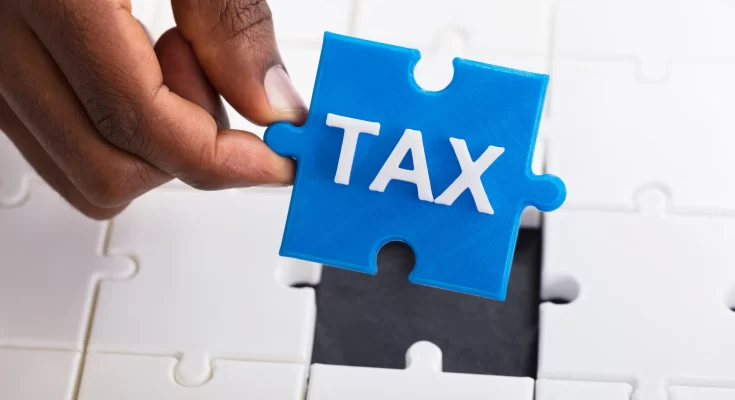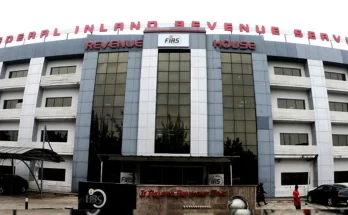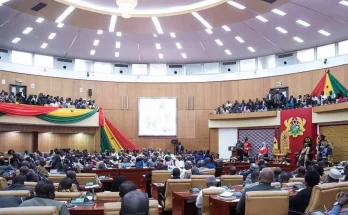The Chairman of the Presidential Committee on Fiscal Policy and Tax Reforms, Mr. Taiwo Oyedele, has stated that pastors, imams, and other religious employees are legally required to pay tax on the salaries they earn from churches, mosques, and other faith-based organisations.
Speaking during an interview on the “Mic On” podcast, Oyedele explained that while Nigeria’s tax laws exempt religious bodies from taxation, this exemption does not extend to individuals who earn income by working for those institutions.
According to him, “A church or mosque does not pay tax unless it starts running a commercial business. But anybody they employ — pastors, imams, choir members, administrative staff — must pay tax on their income, just like every other worker.”
‘Religious Work Is Still Work’ — No Special Category Under the Law
Oyedele emphasized that religious workers are employees like everyone else and should not be treated as a separate category under the tax system.
“They are not different from the person selling food or the farmer providing food for the country. Everyone is contributing to society in different ways,” he said.
The constitution, he added, requires every Nigerian who earns income to “declare that income honestly and pay tax according to the law.”
See Also: Nigeria Expands Tax Net to Cover Virtual Currencies Under New Fiscal Reform
Obligations Will Depend on Income Levels
The tax reform chief also highlighted how upcoming fiscal measures will adjust tax obligations for Nigerians across different income brackets when the new laws take effect in January 2026.
Key points include:
- Low-income earners will be fully exempt from personal income tax.
- Middle-income earners will benefit from reduced rates.
- High-income earners will face increased tax obligations.
Oyedele explained that religious workers fall under the same rules as all other citizens.
“If your earnings are below the threshold, you are exempt — whether you are a pastor, imam, or even someone who doesn’t believe in any religion. But once you cross that threshold, you must pay tax. We cannot create a society where some groups are elevated above others,” he noted.
Part of Broader Efforts to Strengthen Nigeria’s Tax Culture
Oyedele’s clarification forms part of an extensive public campaign to improve awareness ahead of Nigeria’s new fiscal framework, which begins in 2026.
In recent weeks, the committee has engaged professionals, civil society organisations, and government agencies to address widespread misconceptions about the tax reforms.
The clarification also comes shortly after Oyedele revealed that Nigeria has signed data-exchange agreements with over 100 countries to identify remote workers and Nigerians earning income abroad — part of efforts to strengthen tax compliance in the digital economy.
Digital Economy Also Under Scrutiny
During a recent webinar organised by the National Orientation Agency, Oyedele explained that remote workers, freelancers, and online professionals must also declare income earned from foreign companies or platforms.
“Whether you earn from Google, a company in the Bahamas, or anywhere else, you must declare it. If you don’t, the system will eventually detect it through data records,” he said.




